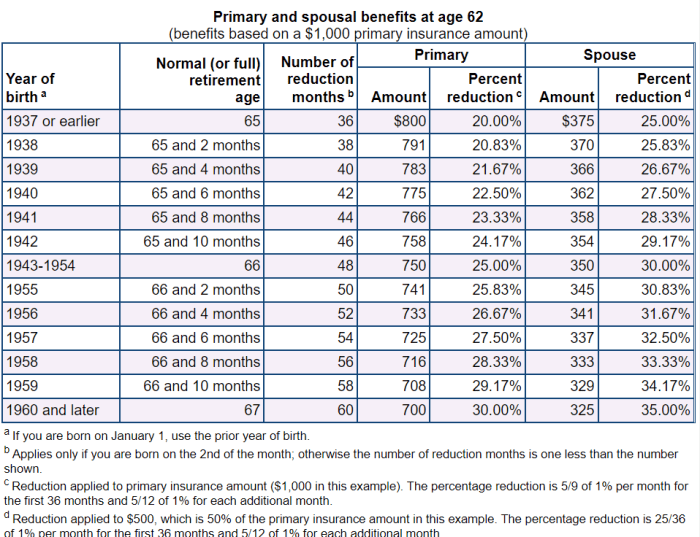Biljuaers: terminar de trabajar a los 65 años. – Delving into the topic of retirement at 65, this article aims to provide a comprehensive overview of the concept, its benefits, challenges, and societal implications. Throughout this exploration, we will delve into the historical and societal factors that have shaped this retirement benchmark, examining its relevance in different contexts.
The discussion will encompass the potential advantages of retiring at 65, including increased leisure time, improved health outcomes, and enhanced well-being. We will also consider the financial implications, including pension plans, savings, and investments, and present a comparative analysis of retiring at 65 versus other ages.
Retirement at 65

Retirement at age 65 is a concept that has been prevalent in many societies for several decades. It signifies the traditional age at which individuals end their formal employment and transition into a new phase of life characterized by reduced work responsibilities and increased leisure time.
Historical and Societal Factors
The establishment of 65 as the retirement age can be traced back to various historical and societal factors. In the early 20th century, life expectancy was significantly lower than it is today, and most individuals did not live long enough to experience an extended retirement period.
Additionally, industrialization and technological advancements led to changes in the nature of work, making it more physically demanding and requiring specialized skills.
As life expectancy increased and labor laws evolved, the concept of retirement emerged as a way to provide individuals with a period of rest and financial security after a lifetime of work. The age of 65 was chosen as a compromise between allowing individuals to enjoy a reasonable retirement period while ensuring that they had sufficient time to contribute to the workforce and support themselves financially.
Examples of Different Retirement Ages, Biljuaers: terminar de trabajar a los 65 años.
While 65 is a common retirement age in many countries, there are variations around the world. In some European nations, such as Denmark and Sweden, the retirement age is typically higher, ranging from 67 to 69. This is due to longer life expectancies and a desire to maintain a sustainable social security system.
In contrast, in some developing countries, the retirement age may be lower than 65 due to shorter life expectancies and a less developed social safety net. For example, in India, the retirement age for government employees is 60, while in Mexico, it is 65 for men and 60 for women.
Benefits of Retirement at 65

Retiring at age 65 can offer several potential benefits, including:
Increased Leisure Time
Retirement provides individuals with more time to pursue their hobbies, travel, spend time with family and friends, and engage in activities that bring them joy and fulfillment.
Improved Health Outcomes
Studies have shown that retirement can lead to improved health outcomes, such as reduced stress levels, better sleep quality, and a lower risk of chronic diseases. This is likely due to the increased leisure time and reduced work-related stress.
Enhanced Well-being
Retirement can also enhance overall well-being by providing individuals with a sense of purpose and accomplishment. It allows them to explore new interests, contribute to their communities, and engage in activities that bring them happiness.
Financial Implications
Retiring at age 65 also has financial implications. Many individuals rely on a combination of pension plans, savings, and investments to support themselves during retirement. It is crucial to plan carefully to ensure financial security during this phase of life.
| Age of Retirement | Advantages | Disadvantages |
|---|---|---|
| 65 |
|
|
| Earlier than 65 |
|
|
| Later than 65 |
|
|
FAQ Corner: Biljuaers: Terminar De Trabajar A Los 65 Años.
What are the primary benefits of retiring at 65?
Retiring at 65 offers several potential benefits, including increased leisure time, improved health outcomes due to reduced work-related stress, and enhanced well-being as individuals have more time to pursue personal interests and hobbies.
Are there any challenges associated with retiring at 65?
While retirement can be a rewarding chapter in life, it also presents certain challenges. These may include financial insecurity, lack of purpose due to the absence of a structured work environment, and social isolation if retirees do not have a strong support system.
What are some alternative retirement options beyond the traditional age of 65?
Individuals may consider phased retirement, where they gradually reduce their work hours while transitioning into retirement, or explore encore careers that allow them to continue working past the age of 65 in a different capacity.

